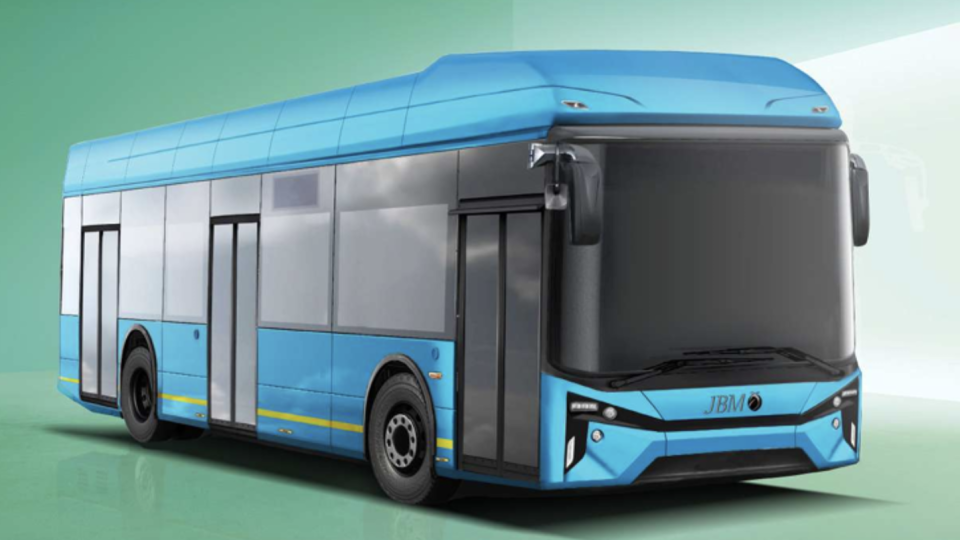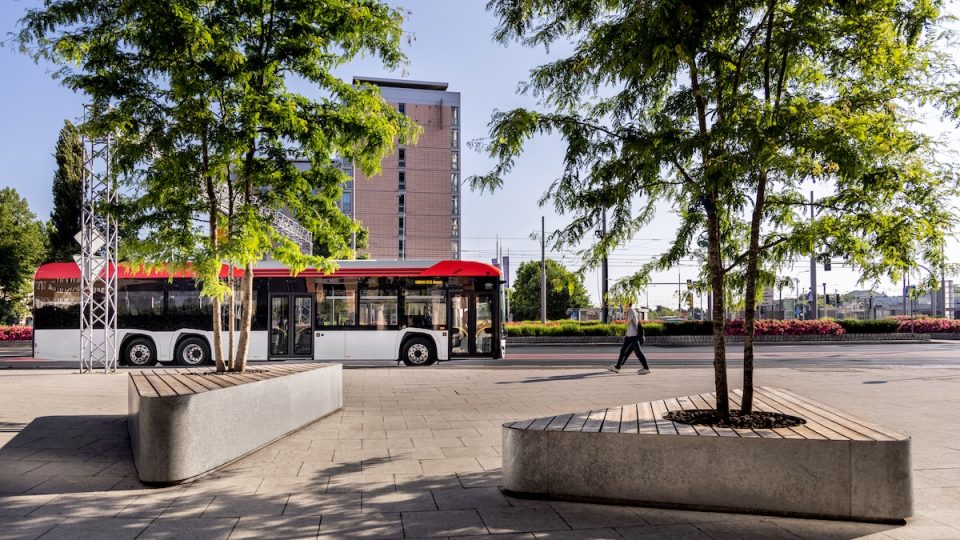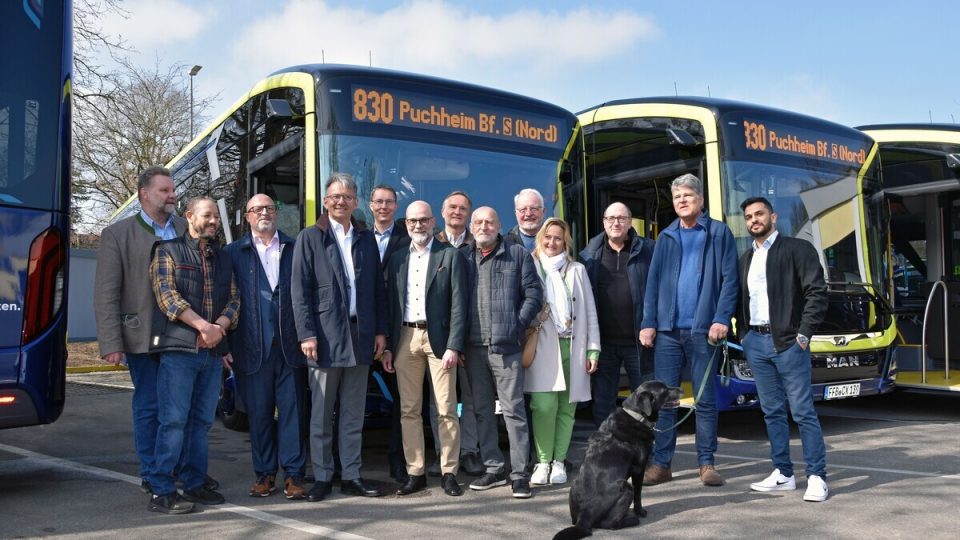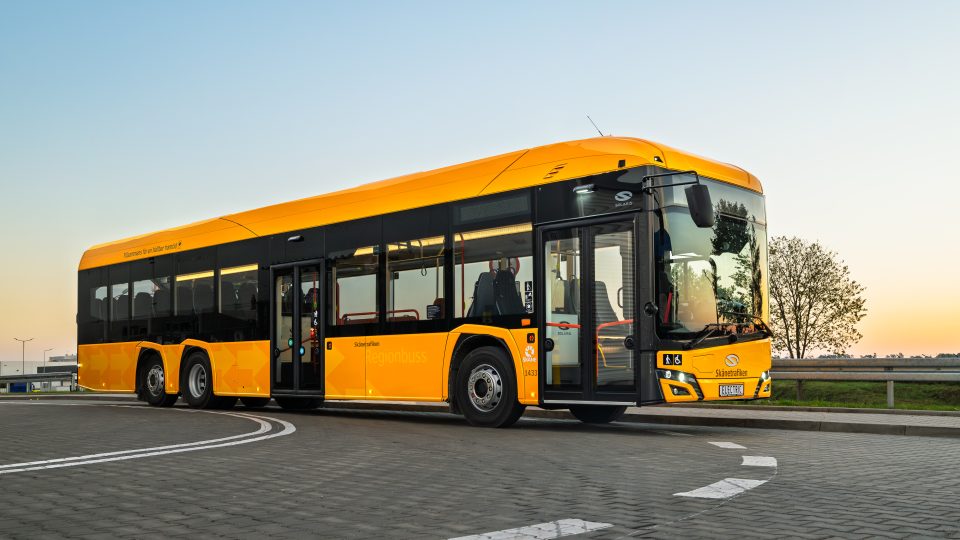28-meter bi-articultated e-bus model based on Volvo BZR platform is ready for validation in Latin America
The first electric bi-articulated buses derived from the new Volvo BZR platform (launched in March 2024) will be validated through trials in Latin America. The buses will operate in Curitiba, Brazil; Bogotá, Colombia; and Mexico City, Volvo Buses states in a press note. The bi-articulated chassis is built on the BZR-electromobility platform. With 28-meter bodies, […]
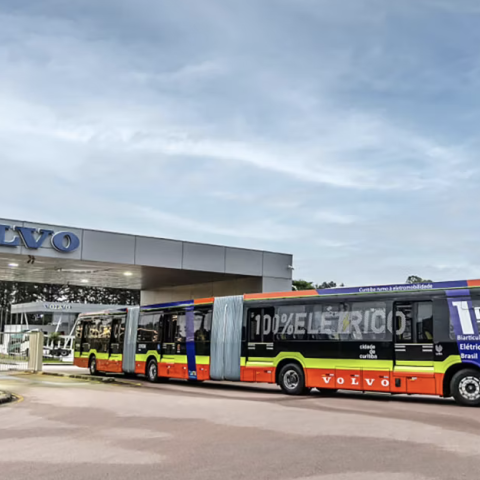
The first electric bi-articulated buses derived from the new Volvo BZR platform (launched in March 2024) will be validated through trials in Latin America. The buses will operate in Curitiba, Brazil; Bogotá, Colombia; and Mexico City, Volvo Buses states in a press note.
The bi-articulated chassis is built on the BZR-electromobility platform. With 28-meter bodies, the transport capacity is up to 250 passengers.
At the time of its commercial launch, the electric bi-articulated bus will be produced at Volvo’s industrial complex in Curitiba and can be exported to several countries where there are cities with BRT systems.
Volvo bi-articulated e-bus for Latin American BRTs
Back in 2021, Volvo Buses has been the first European bus manufacturer to become a partner of ZEBRA, a large collaboration aiming to accelerate the deployment of zero emission buses in major Latin American cities. At that time, it was specified that the demand was set to be met with the e-bus chassis BZL, having Latin America as a targeted market. A 7900 Electric had already been piloting in Mexico City. In late 2023 Volvo Buses began the .
The electric bi-articulated bus is equipped with two 200kW electric motors, totaling 400kW. It also has a two-speed automated gearbox, based on the proven Volvo I-Shift transmission.
The total charging time varies between 2-4 hours, while battery capacity is not specified. In addition, there is the option of installing a charger on the roof of the body for quick charging at BRT terminals, throughout daily journeys.
The electric bi-articulated bus “preserves the traditional characteristics of its diesel predecessor. The same extremely robust and high-capacity chassis frame, axles and suspension, but now with Volvo’s electric powertrain”, the manufacturer says.
“A BRT with these buses will be able to carry the same number of passengers as a subway system, but with infinitely lower implementation and operating costs, as well as zero emissions,” says André Marques, President of Volvo Buses Latin America.
“We are combining the time-honored mechanical basis of our diesel bi-articulated buses with the latest Volvo electric bus technology,” says Alexandre Selski, Electromobility Director of Volvo Buses Latin America. And adds: “From the very beginning, the Volvo bi-articulated bus has always brought high efficiency, transporting more passengers with fewer emissions. Now, with 100% electric vehicles, we are going to completely zero greenhouse gases”.


